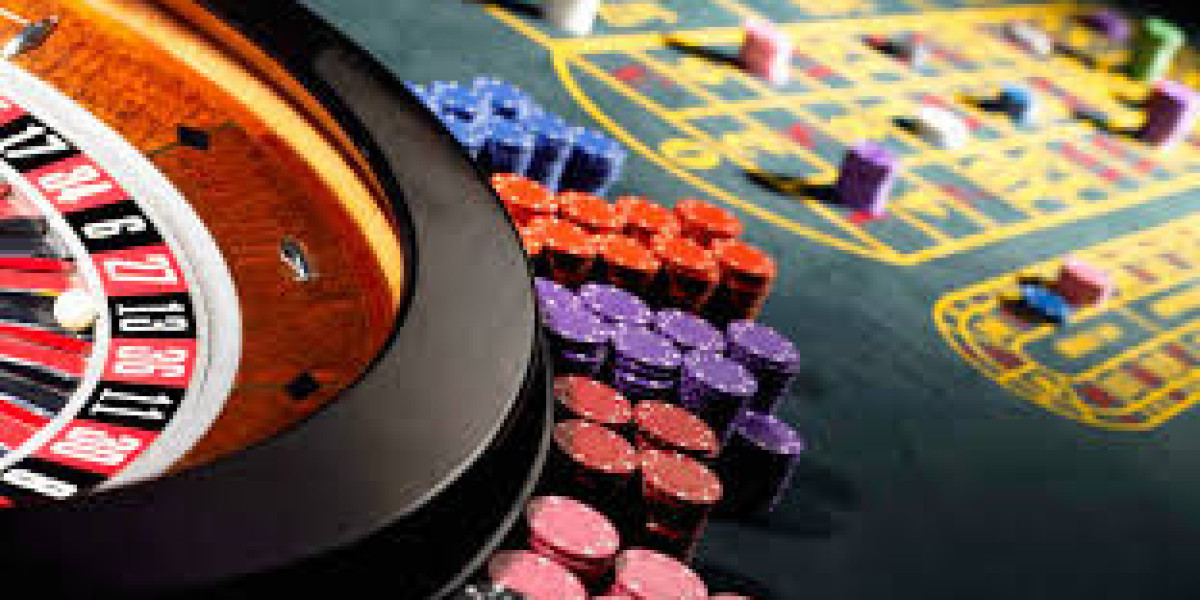Casino gambling has always been part of human culture. From the earliest civilizations to today’s high-tech gaming platforms, gambling has evolved into one of the world’s most popular forms of entertainment. What started as simple games of chance has now transformed into digital platforms where millions of people play from the comfort of their homes. Let’s explore how casino gambling has changed over the centuries and how it continues to adapt to modern lifestyles.
Ancient Beginnings: Dice and Chance
The roots of gambling can be traced back thousands of years. Ancient civilizations such as the Greeks, Romans, and Chinese enjoyed games of chance using dice, stones, and even animal bones. These early forms of gambling were not only about winning prizes but also about fun, social interaction, and rituals. For example, the Romans often played dice games during festivals, while in China, gambling was linked to strategy-based board games.
The Rise of Card Games and Casinos
By the Middle Ages, playing cards became popular in Europe, leading to more structured forms of gambling. This era laid the foundation for games like poker and blackjack that are still enjoyed today. The first known gambling houses appeared in Italy during the 1600s. The famous “Ridotto” in Venice, opened in 1638, is often considered the world’s first official casino. These venues gave people a safe and controlled space to play games of chance and skill.
The Golden Age of Land-Based Casinos
In the 19th and 20th centuries, casino gambling spread rapidly across Europe and America. Las Vegas became the global hub for gambling, attracting millions with its glamorous resorts, bright lights, and variety of games. Roulette wheels, blackjack tables, and slot machines became icons of casino culture. These land-based casinos were not just about gambling—they offered full entertainment experiences with restaurants, hotels, and shows.
The Digital Revolution: Online Gambling
The late 20th century brought one of the biggest shifts in gambling history—the rise of the internet. Online casinos began to appear in the 1990s, allowing people to enjoy their favorite games without traveling to a physical casino. Suddenly, poker, roulette, and slots were available with just a few clicks. This change made gambling more accessible, reaching a global audience and creating opportunities for new players to join the fun.
Modern Casino Gambling: Digital Slots and Mobile Apps
Today, casino gambling has fully embraced digital technology. Online platforms now feature advanced graphics, live dealer experiences, and secure payment systems. Among all the innovations, digital slot machines have become the most popular. With colorful themes, bonus features, and progressive jackpots, slots attract players of all ages. The convenience of playing anytime and anywhere has fueled the growth of mobile gambling, especially with platforms offering slot online experiences. These modern versions combine entertainment with innovation, ensuring players never run out of excitement.
The Future of Gambling
Looking ahead, technologies like virtual reality (VR), artificial intelligence (AI), and blockchain are expected to shape the next chapter of casino gambling. Imagine walking through a virtual casino with a headset, playing games with people worldwide, or using cryptocurrency for instant transactions. The future promises even more engaging, safe, and innovative experiences for players.
The journey of casino gambling from ancient dice games to today’s digital slots is a story of innovation, culture, and entertainment. While the tools and technologies have changed, the excitement of taking a chance remains the same. Whether in a grand casino in Las Vegas or on a mobile phone at home, the thrill of gambling continues to bring people together across the world.








